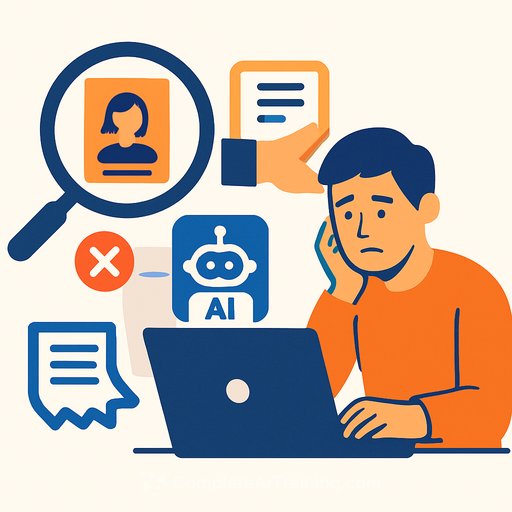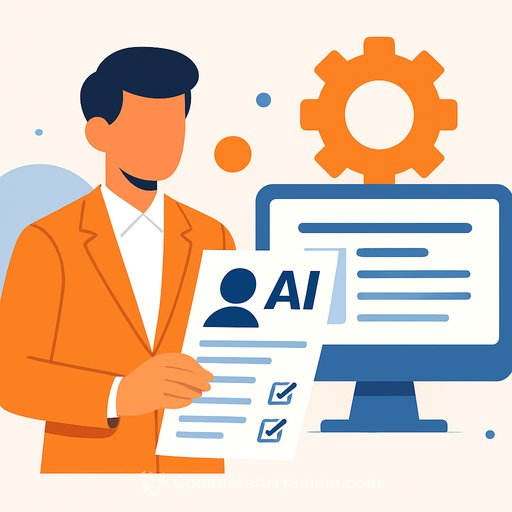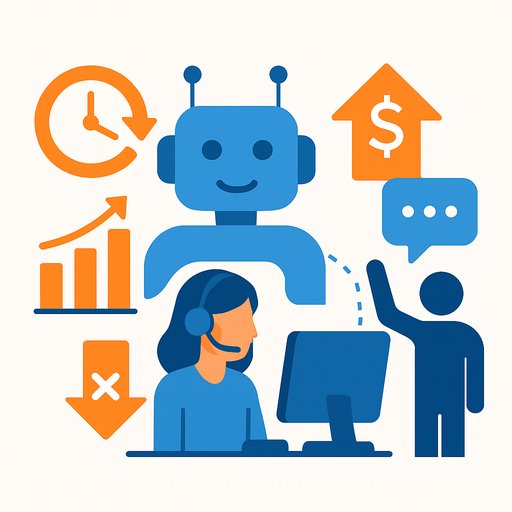The Wrong Way to Use AI in Your Customer Support Job Search
The Bay Area job market is tough right now. Many companies are replacing entry-level customer support and coding roles with artificial intelligence, making it harder to find openings. In June, U.S. job listings dropped to 7.4 million from 7.7 million the month before. On average, candidates submit 42 applications just to get one interview.
Some startups are cutting back on new hires by investing in AI tools that help current employees handle more work. This means fewer job openings, even as competition grows. For example, a tech resale startup in San Francisco chose to equip their engineering team with AI coding tools instead of hiring more staff. This is a trend seen across many companies.
Salesforce, one of the largest employers in the city, recently revealed that AI manages 30% to 50% of their workload. So, it’s no surprise that job seekers turn to AI tools to stand out. But many use AI in ways that actually hurt their chances.
Why AI-Generated Cover Letters Can Backfire
When a new role opens up, hiring managers often get flooded with long, flawless cover letters that all sound the same. What’s happening? Applicants paste the job description and their LinkedIn profile into AI tools like ChatGPT and ask for a “perfect” cover letter. It sounds smart, but it’s not.
Instead of showing genuine interest and effort, these letters reveal a shortcut mindset. Employers can spot AI-generated writing easily, and it feels impersonal. In fact, a cover letter with a few typos and a personal touch is often more appealing than a polished, generic AI output.
Even major AI companies discourage using AI during the interview process. They want to see your true communication skills and learn about your personal interest without AI interference.
Use AI as a Helper, Not a Crutch
AI can be a useful assistant if you use it right. For example, it can help you brainstorm ideas or organize your thoughts. But don’t rely on it to write your entire application or answers for you.
Once you land an interview, employers will want to assess your real skills. Because AI can complete take-home assignments, many employers now prefer live, real-time assessments. The goal is to see what you can do without AI assistance.
Keep It Human in Sales and Support Roles
Successful sales reps know how to use AI to improve their messaging without losing their personal voice. Prospective clients are quick to detect messages that sound like they were written by a machine. People want to connect with real humans, not bots.
When training new hires, it helps to unlearn overly formal, “perfect” writing styles. Emails that read like college essays or start with “Dear Mr. Disraeli” often get ignored. The key is to write casually and clearly, letting your personality shine through—even if that means a small typo or two.
Practical Tips for Using AI in Your Job Search
- Use AI to draft ideas or outlines, then rewrite in your own words.
- Add personal stories or specific examples that AI can’t generate.
- Keep your tone conversational and approachable.
- Don’t rely on AI to respond to interview questions or write your entire cover letter.
- Show you’re human—small imperfections can make a big difference.
AI tools are part of today’s job search landscape, but how you use them matters. Use AI to support your efforts, not replace them. That approach will help you stand out in a crowded field.
For those interested in learning how to use AI tools effectively in customer support and beyond, explore practical courses and resources at Complete AI Training.
Your membership also unlocks:





